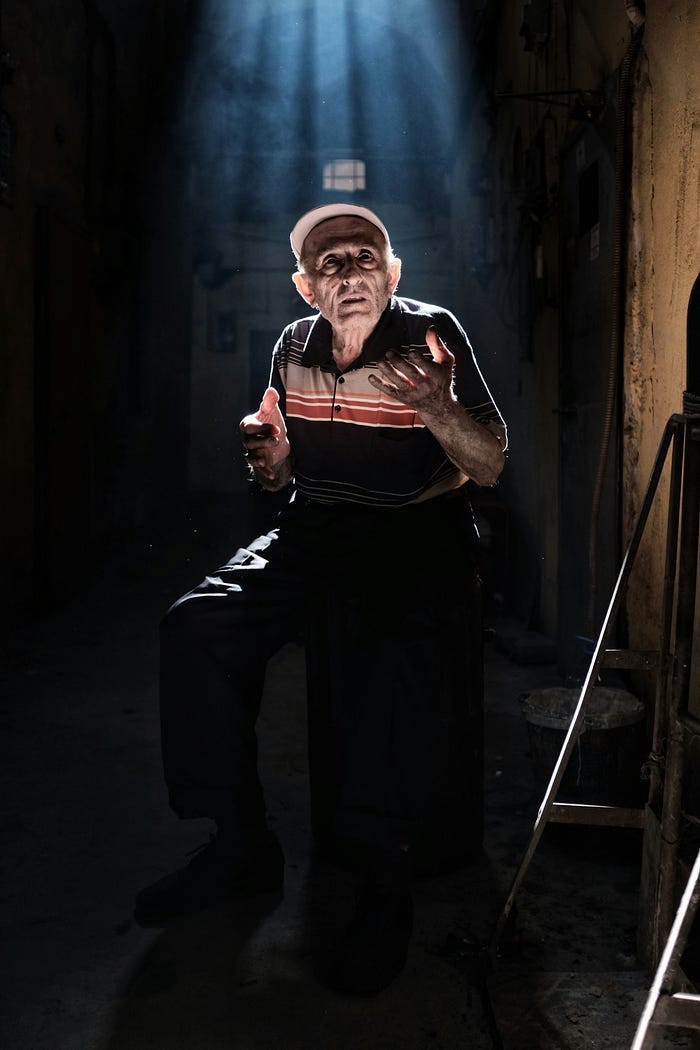Living Faith by James M. Dakis
Starting at the beginning.
My experience with therapy for mental and emotional health is a journey that started in 1973. My parents noticed some behavioral problems and anger that needed to be addressed and took me to see a counselor when I wasn’t adjusting to some things. I reluctantly went to see Francie on a regular basis, not understanding why my siblings didn’t need this “special help.” Ironically, I learned to like her and learned things that I use to this day when conflicts arise.
Fast-forward to my high school years and problems with other matters, although at least I wasn’t getting into fights anymore. I would return to counseling again, and Dr. Ascono would be my new counselor and friend. Ironically, I now live just a few miles from where I would see him. Again, I wasn’t a fan of being told that I needed help, but in the end, I realized that I needed it.
There would be others that I won’t belabor this article with, but the truth was, none of them got to the root of my problem until I was in my forties and was diagnosed correctly with bipolar disorder. I was also more willing to open up about my need for therapy and what had been haunting me for decades.
It was one of the conditions that, along with my epilepsy and back injuries, got me classified as disabled. The time had come to recognize that there were many things that I could still do in life, but there would also be limitations.
What would this mean going forward? Was I “broken?” Was I not as good? Would I need to resign to the fact that since I would not be earning a living wage, my purpose in life was just to survive off of the charity of others?
Life was just about to get more fulfilling than ever before!
In May 2013, I was officially receiving Social Security Disability. While I hadbeen a patient of mental health professionals off and on for years, the diagnosis had been sketchy at best up until just about a year earlier. However, along with the stigmas attached to any mental health condition were those that come with being epileptic. Interestingly, to look at or speak to me, people generally wouldn’t have known anything was wrong. This had its good and bad sides to it; I could hide my disabilities but also felt the need to go into long explanations about them when people would ask about my job since I was no longer working.
For this reason, I would often refer to my volunteer work as my “job” as if it were my paid vocation. After all, telling people that I was a hospital chaplain was not wrong; it just wasn’t what paid my bills. Even now, as I have a very enjoyable part-time job at our local zoo, I still list my profession as a chaplain with the Red Cross, not as a ride operator at the zoo. It is my calling and vocation, my passion, and something with which I identify.
Being a chaplain who helps people who are often struggling with emotional and mental health problems has helped me connect with them because there have been a good number of times that I have shared my journey with them. It helps people see that even “normal” people on the outside struggle on the inside.
So here I am today.
In my years as a chaplain, I have been at the bedside of countless people in their final moments of life. I watched a trauma team extract the bullet from a law enforcement officer’s chest and heard the slug hit the floor at my feet as I stood by praying. I have counseled a 15-year-old rape victim and a nurse I worked with who had just miscarried. Additionally, I have helped people celebrate that surgery was successful, that someone who had lost everything in a devastating flood or fire was going to be alright, that a family was being reconnected, and that there was hope in sight!
All of this, plus the everyday challenges that come in my life, have made me realize that no matter how often I am called upon to help others in crisis, I am still a broken person who needs help, sometimes more than others. With that said, a few months ago, I returned to counseling after six years. Going to a faith-based counseling group was the only decision I thought was wise, and my therapist told me that it made sense. He reminded me that clergy and Christian counselors are expected to be there when the chips are down and that they/we often need help, even those not already diagnosed with mental health issues. (He mentioned that he has more than one pastor as a client, so I am not the only clergy he sees.)
“The trials we go through are the backdrop of God’s glory.”- Ron Whitehead
The world promises us challenges. Jesus promised them as well. In the opening lines of his epistle, James told us to “count it all joy” when we were faced with them. Sometimes, we are able to go it alone with God on our side, in prayer and the wisdom He provides. Other times, it is prudent to have someone come alongside us. Don’t be too proud to do that. I am glad I did…again.
Special thanks to Grace Bianco, Radha Kapadia, Ron Whitehead, and Perry Malzahn for their encouragement and help.
Living Faith by James M. Dakis is a Christian writing ministry that shares devotional teachings and faith-based fiction for anyone hoping to grow in Christ. Whether you are already a Christian or have questions about your faith, I would love to talk with you. Comment here or reach out to me personally





